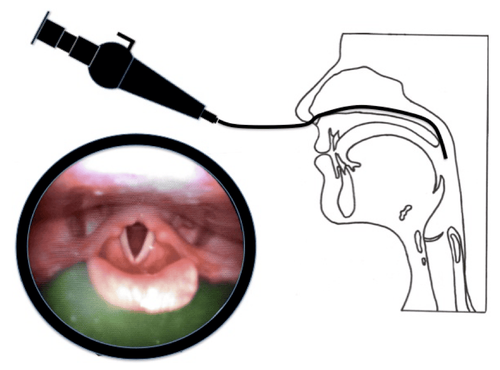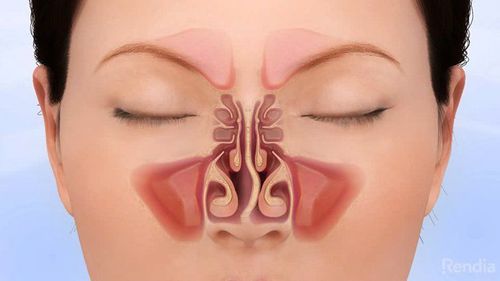This is an automatically translated article.
The article was professionally consulted by Specialist Doctor of Otolaryngology - Department of Medical Examination and Internal Medicine - Vinmec Hai Phong International Hospital.
When it's cold or humid, the season changes... are the right conditions for strep throat and tonsillitis to develop. Strep throat is a disease that can cause serious complications such as acute arthritis, acute glomerulonephritis, rheumatic heart disease, blood infection...
1. What is strep throat?
Strep throat (Streptococcus) is an infection of the throat caused by bacteria. Compared with viral pharyngitis, strep throat usually has more severe symptoms. Anyone can get it, but it's most common in children and adolescents (ages 6-12). The most contagious times are also usually during the school year or late fall and spring, when groups of children gather and play next to each other, in close contact.
2. Causes of strep throat
The cause of sore throat is bacteria called Streptococcus pyogenes, or group A streptococcus. The bacteria that cause strep throat (Streptococcus group A) usually live in the nose and throat, so actions like a runny nose, coughing, or waving or shaking hands can spread germs from one person to another. People with strep throat, if left untreated, can spread the infection when symptoms become severe, which is why parents should teach children about the importance of hand washing. Clean hygiene is always an effective method to help reduce the possibility of infectious diseases in general and strep throat in particular.

3. Is strep throat dangerous?
Compared with other causes, strep throat often has more severe symptoms. More dangerous is that if the patient is not treated promptly and properly, it can lead to serious complications such as infections in the tonsils, ears, blood, kidney inflammation and rheumatic fever. Rheumatic fever can cause joint pain and inflammation, a rash, and even interfere with the normal functioning of the heart.
4. Recognizing strep throat
Not all sore throat symptoms are strep throat. Most sore throats with runny nose, cough, hoarseness, red eyes... are often caused by viruses and tend to heal on their own without treatment.
A child with strep throat will usually develop symptoms within 3 days such as:
Sore throat, red throat The lymph glands (nodes) in the neck swell and cause pain, tenderness Neck lymphadenopathy Difficulty swallowing, loss of appetite and nausea Enlarged, red tonsils Red patches and white spots on the throat Fever Rash, hives Abdominal pain, stomach pain and sometimes vomiting, especially in young children . Headache, headache. Feeling tired, uncomfortable There are also cases with full symptoms but no signs of sore throat. The cause of these signs and symptoms can be a viral infection or some other type of illness, so doctors often perform a careful examination of the throat to get the most accurate diagnosis.

5. Prevention of strep throat
To prevent getting sick, we need to be conscious in protecting ourselves by:
Wash hands properly: Hand washing has always been considered the most effective way to prevent infections. To prevent children from getting tonsillitis caused by strep, parents should guide and train their children to properly wash their hands, use soap or alcohol-based hand sanitizer often. Cover your mouth: Teach your child to cover his or her mouth every time he coughs or sneezes to avoid infecting others. Do not share personal items: Children should have some personal items such as bowls, chopsticks, spoons... to avoid sharing with others. After use, carefully wash the items in warm, soapy water to eliminate the possibility of infection.
6. Methods of disease treatment
Strep throat usually needs to be treated with antibiotics prescribed by your doctor (usually for about 10 days). The correct adherence to the treatment regimen combined with appropriate medical care, rest and plenty of fluids to combat dehydration will help the child's recovery process faster.
Within 24 hours of starting antibiotics, the child will probably be fever free and not contagious, by the 2nd or 3rd day the symptoms will gradually disappear and the child can return to school as usual . However, parents need to be sure to finish the entire course of medication, as stopping the medication early can lead to a relapse and cause more serious complications (such as rheumatic fever, kidney inflammation...).
Vinmec International General Hospital is one of the hospitals that not only ensures professional quality with a team of leading medical doctors, modern equipment and technology, but also stands out for its examination and consultation services. comprehensive and professional medical consultation and treatment; civilized, polite, safe and sterile medical examination and treatment space.
Customers can directly go to Vinmec Health system nationwide to visit or contact the hotline for support.












